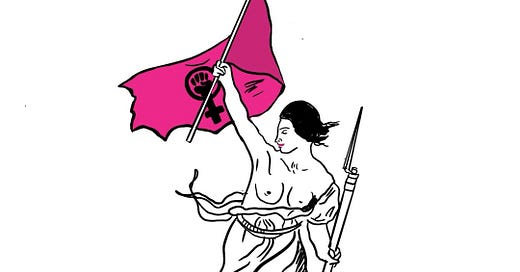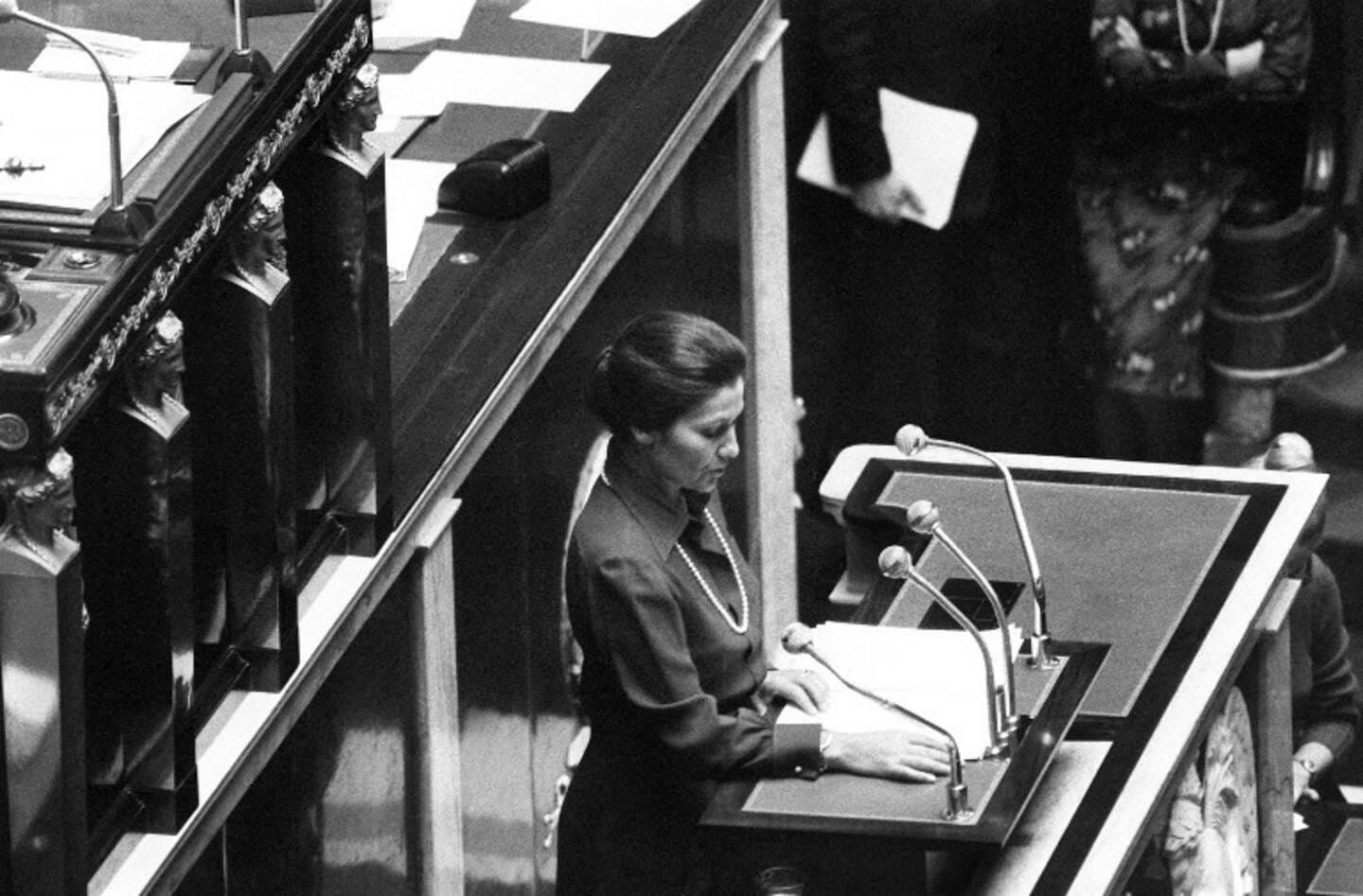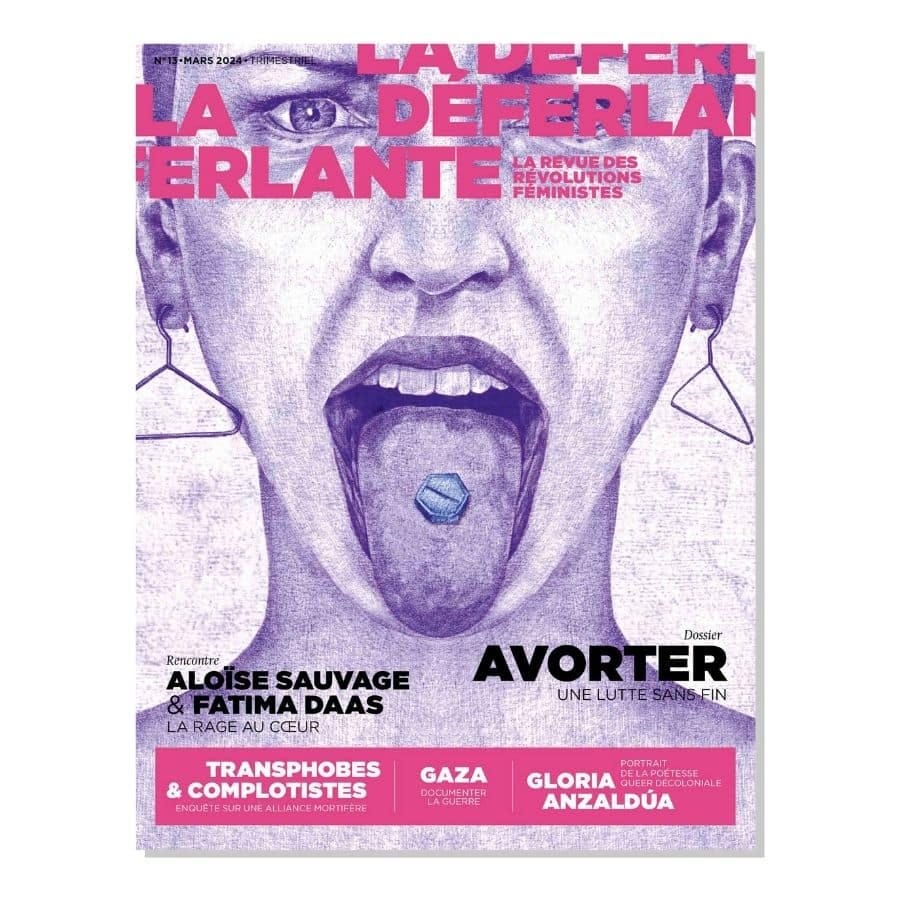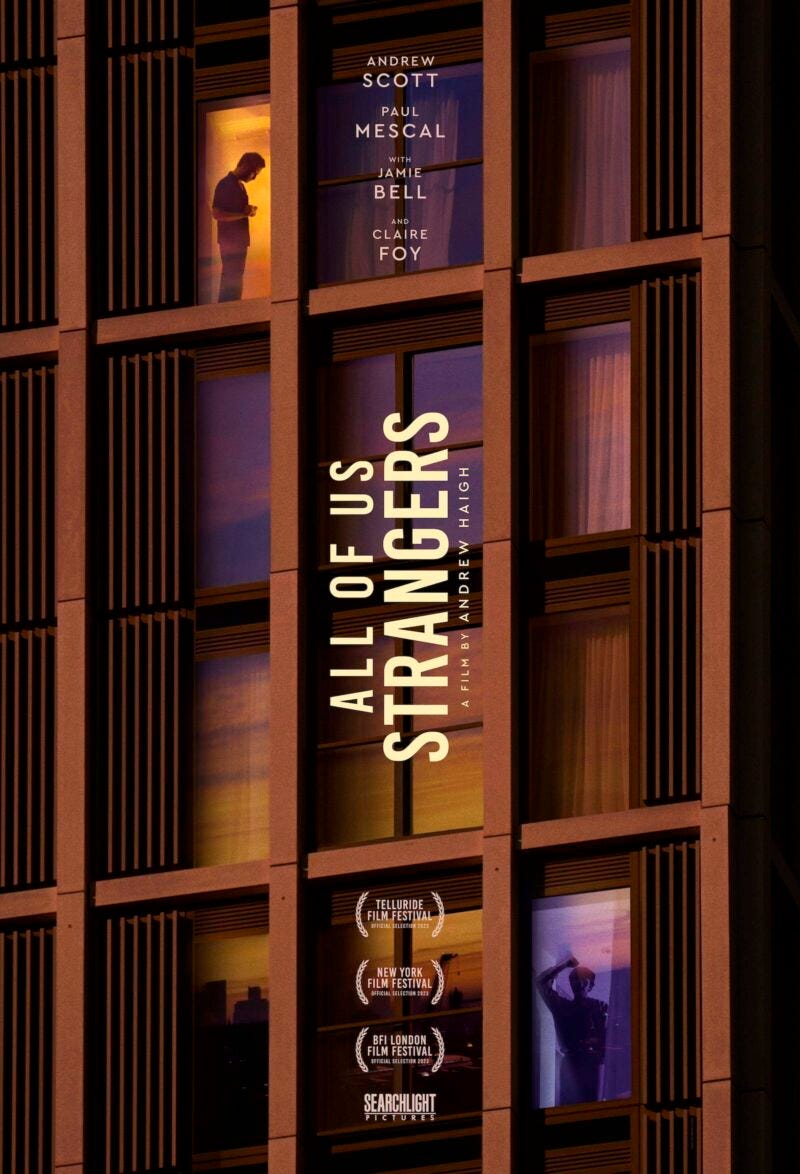#16 A solid win for abortion rights in France
plus a 60 second film review and details on March's book club session
This week, France became the first country ever to write abortion into its Constitution. A testament to the collective work, spanning several decades, of feminist organisations and political figures. Let us enjoy this moment while remembering the women who have lost their lives and acknowledging that there is still work to be done.
Next year will mark the 50th anniversary since la loi Veil was passed, which decriminalised abortion in France. Today, the restrictions of this law are clear, but we must always start somewhere, right?
For example, individuals under the age of 18 had to secure the approval of their legal guardian, who could refuse and force them to continue with the pregnancy. The procedure wasn’t reimbursed by social security, making it inaccessible to women without the financial means, and some doctors refused to perform abortions because it either went against their personal beliefs or it wasn’t profitable enough, or both.
Let’s take a quick look at how abortion rights have evolved in France since 1975:
1982 Social security reimburses 80% of abortion costs, making it more accessible.
1989 Medical abortion becomes legal in France.
1993 It becomes a criminal offense to block access to abortion centres.
2001 The legal time limit moves from 10 to 12 weeks. Minors no longer need permission from a legal guardian to proceed with an abortion.
2013 Social security fully reimburses abortion costs.
2016 Midwives can prescribe abortion pills (medical abortion) to patients.
2022 Midwives can perform surgical abortions and the legal time limit is extended to 14 weeks.
If I’m being honest, I’m annoyed that this will become a part of Emmanuel Macron’s legacy. He can appear progressive to the rest of the world when, in reality, he has done the bare minimum in regards to women’s rights.
What happened in France on Monday can be celebrated, I do not want to be a rabat-joie (killjoy). This action can offer hope to countries with restrictive abortion laws, but let us not forget who made this happen.
You may be interested in this Liberation article, which highlights that Macron only signed up to the abortion cause this time last year and had previously rejected similar propositions from the left, dating back to 2017.
In reality, it was the work of current female politicians coming together, namely Laurence Cohen (French Community Party), Mélanie Vogel (The Ecologists), Laurence Rossignol (Socialist Party), Mathilde Panot (La France Insoumise), and Aurore Bergé (Renaissance), to move from the symbolic to concrete action.
The current French population overwhelmingly believes that abortion should be a non-negotiable right for women. French politics has had to catch up. And we had the absolute pleasure of listening to Gérard Larcher, head of Le Sénat (the French Senate), voicing his opposition and claiming that abortion in France is not under threat.
My question for Gérard is, why wait until something is threatened or taken away before acting?!
So, while French people and politicians appear to support abortion rights for women, my concern is the judgment that comes from medical professionals. They still have the right to exercise la clause de conscience, basically refusing to perform an abortion because it goes against their beliefs, which impacts one in four women.
And I’m also worried that in the past decade, over 130 centres in France offering abortion services have had to close down. I assume that this is mostly due to a lack of funding, which means that not every woman is granted quick and easy access to an abortion.
Sex education in schools must better reflect the society that we actually live in, which is so much more than the heterosexual template of “boy meets girl.” Contraception and abortion should not fall solely on the shoulders of women and girls. It always takes two, baby! Society’s vision of family should always include the LGBTQ+ community and not work under the assumption that all women want to have children.
A few resources that were useful for me when writing this newsletter include:
La Déferlante #13 (magazine). This issue focuses heavily on abortion in France, from the latest statistics to the reality of working in an abortion centre. There’s also an exploration of reproductive justice, a piece on the history of le Mouvement pour la liberté de l’avortement et la contraception (MLAC), and an analysis of how abortion is under-represented on screen.
La réalité de l’IVG (podcast). This episode speaks to four medical professionals who work in a Planned Parenthood (Planning familial) centre. They are a midwife, a gynaecologist, a medical assistant, and a GP. It provides some great insight from the people working on the ground and shows the complexity of abortion.
IVG, une victoire fragile (podcast). This episode brings together five people to discuss abortion rights in France. They sometimes talk over each other, and there is a clear difference in opinion, but there is also a wealth of information to be found within the discussion.
If you have any book, podcast or film recommendations on abortion rights in France, or further afield, please feel free to share them in the comments.
March book club
You voted for Minor Detail by Adania Shibli. Here is the synopsis:
Minor Detail begins during the summer of 1949, one year after the war that the Palestinians mourn as the Nakba – the catastrophe that led to the displacement and expulsion of more than 700,000 people – and the Israelis celebrate as the War of Independence. Israeli soldiers capture and rape a young Palestinian woman, and kill and bury her in the sand. Many years later, a woman in Ramallah becomes fascinated to the point of obsession with this ‘minor detail’ of history. A haunting meditation on war, violence and memory, Minor Detail cuts to the heart of the Palestinian experience of dispossession, life under occupation, and the persistent difficulty of piecing together a narrative in the face of ongoing erasure and disempowerment.
As ever, I look forward to us having an important discussion together.
There are two virtual sessions available for March. Here are the registration links:
Thursday March 28th, 7:30-9p.m.
Sixty second film club
(I have been heavily inspired by Hannah Meltzer’s Pen Friend newsletter, which features a 30 second book club segment).
Last Friday, I saw All of Us Strangers (Sans jamais nous connaître) with a friend. And cried a lot.
Based on Taichi Yamada’s 1987 novel Strangers (Présénces d’un été), this was my first time seeing a film directed by Andrew Haigh.
Part ghost story, part coming-out story, part love story, All of Us Strangers has left its mark on me in the same way that Past Lives did.
Andrew Scott plays Adam, a 40-something TV screenwriter, who opens the door one night to his younger neighbour, Harry (Paul Mescal). Despite Harry’s apparent loneliness, Adam’s timid nature makes him reject an invitation to hang out. But when they next meet, Adam takes a leap of faith, and the two begin seeing each other.
In parallel, we follow Adam as he returns to his childhood home, somewhere in the London suburbs*. He sees the ghost of his parents, who died in a car crash when he was twelve years old, and starts talking to them.
Throughout several visits, they have some emotional conversations, during which Adam comes out to his parents and they reveal certain attitudes, typical of the time. (This was the 80s when Margaret Thatcher passed Section 28).
All of Us Strangers is a sad film, but it's also tender and sincere. The lighting, framing, soundtrack, and acting...everything presents as a calm veneer with strong emotions bubbling just below the surface.
Andrew Scott is SUBLIME in every sense of the word, with his character capturing a specific type of loneliness, caused by rampant homophobia.
I’m conscious that I’m writing this as a straight, cis, white woman, and I know that queer stories are not exclusively about pain and heartbreak, so I don’t want to feed into any trauma porn.
I did find there to be a universal aspect to the film, with intergenerational dynamics at play (Adam and Harry, Adam and his parents), missed connections, and the potential isolation of urban life.
I’ll leave you with The Power of Love by Frankie Goes to Hollywood, which is used at the film’s end and destroyed me. IYKYK.
*These scenes were filmed in the childhood home of director Andrew Haigh!
Further listening: Homo Sapiens podcast episode.
We are thrilled to be joined by Andrew Scott and Andrew Haigh, the masterminds behind the film All of Us Strangers. It is a beautiful film about family, love and loneliness for LGBTQ+ people, and today we discuss their coming out stories, and their ever-expanding queer friendship circles. Plus, tune in for Andrew Scott’s gay bay recommendations!
A note on The FBC Paris
If you’re new here, welcome! The FBC Paris is a passion project. Read our mission statement.
Follow us on Instagram: this is the best place to stay up-to-date with book club sessions.
Listen to the podcast: I chat to authors, translators, friends of the book club, and booksellers.
If there’s anything you’d like to see featured in the newsletter or have something to contribute, send an email to thefbcparis@gmail.com
Lou xx







